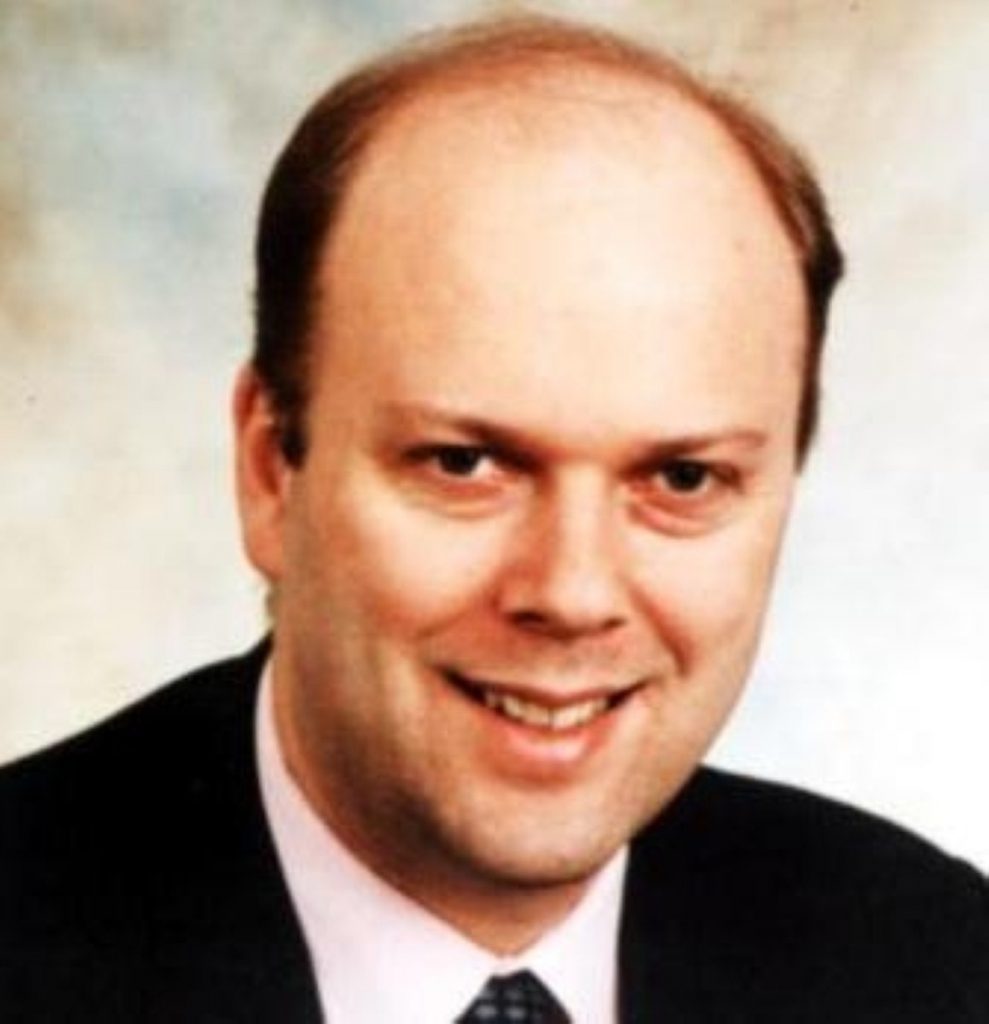Tories admit rail privatisation flawed
The Conservatives have admitted they were wrong to split responsibility for trains and tracks when privatising the railways ten years ago.
Shadow transport secretary Chris Grayling said the creation of one company to manage the tracks and another 25 to run the trains had increased the costs of running the railways and delayed decisions about expanding capacity.
He was speaking at the launch of the Conservatives’ rail review, which is due to report back in 2007 and will focus specifically on how the firms running tracks and trains are better integrated to allow them to better respond to increased passenger numbers.
The number of people travelling on the railways is set to grow by more than a third in the next eight years, but Mr Grayling warned there were no plans to increase capacity – meaning overcrowding will get much worse, or fares will rise further.


“We don’t think it is realistic to keep expecting passengers to pay more and more to travel on trains that will be more and more overcrowded. And people won’t leave their car at home if that is the alternative. Something has to change,” he said.
Speaking from Clapham Junction, Britain’s busiest train station, Mr Grayling said a key problem was the structure of the industry as it was set up under John Major’s Conservative government in 1996.
“We think, with hindsight, that the complete separation of track and train into separate businesses at the time of privatisation was not right for our railways,” he said.
“We think that the separation has helped push up the cost of running the railways – and hence fares – and has slowed decisions about capacity improvements. Too many people and organisations are now involved in getting things done – so nothing happens.”
Public subsidies have ballooned in recent years to £3.7 billion this year and £2.9 billion next year, but much of this will be eaten up by Network Rail, which took over the running of the tracks, signals, tunnels and key stations from Railtrack in 2002.
The takeover came after three serious rail crashes in three years, at Hatfield, Southall and Paddington, which raised questions of who was responsible for safety when different firms were running the tracks and trains.
Mr Grayling’s admission that Mr Major’s policy was flawed was welcomed by rail minister Derek Twigg, but he warned that David Cameron’s Conservatives appeared to have “learned nothing from it”.
“The suggestion now is to break up Network Rail which is delivering real improvements in performance and reliability based on record investment by this Labour government,” he said.
“For the first time since the 1960s Britain’s railways are carrying more than one billion passengers a year. The Tories real agenda is to cut that investment which they opposed every step of the way.”

